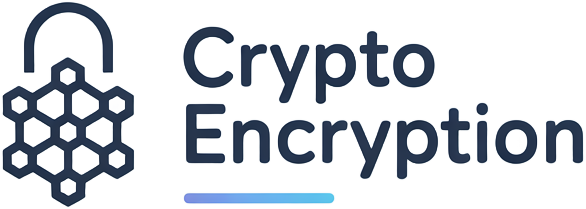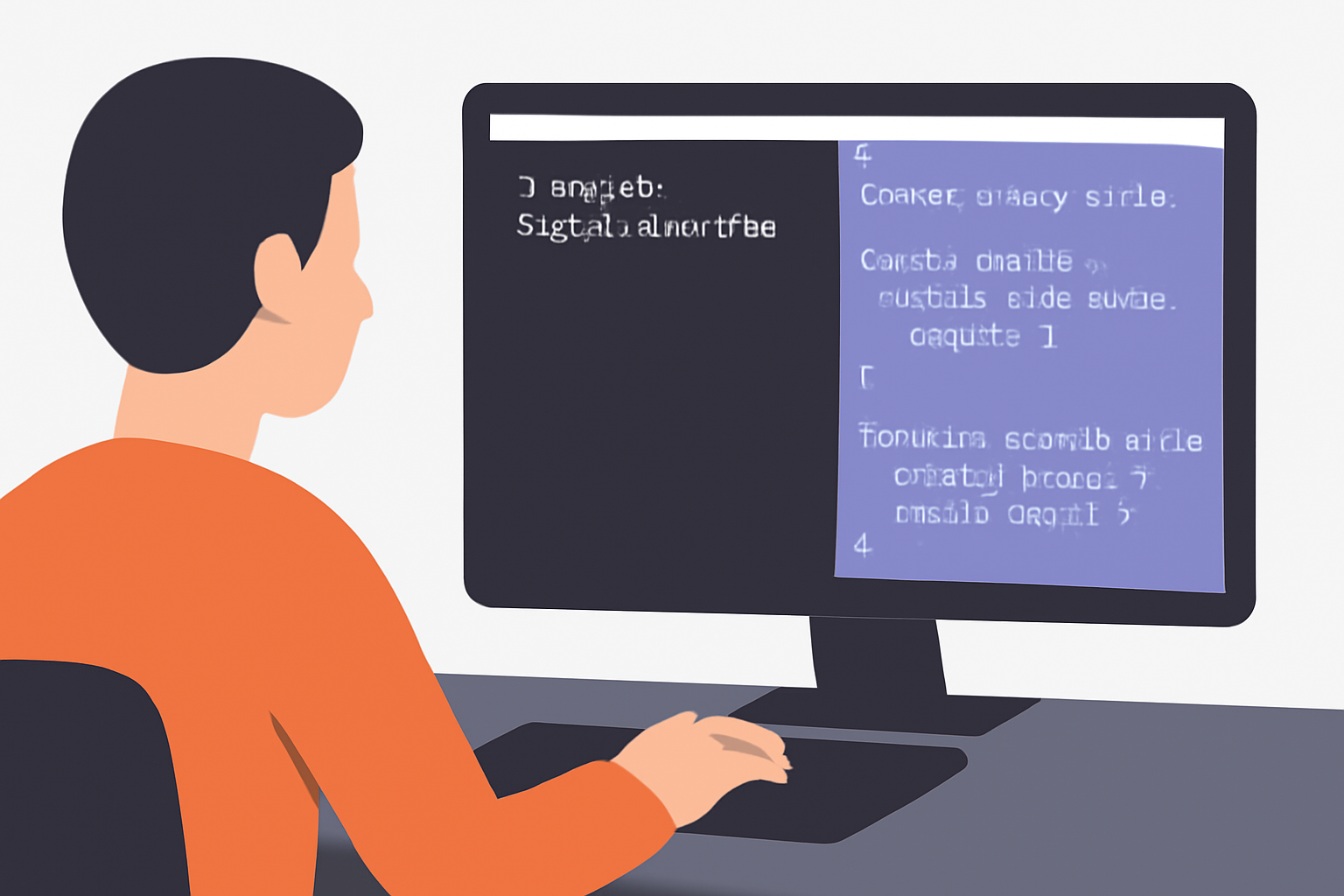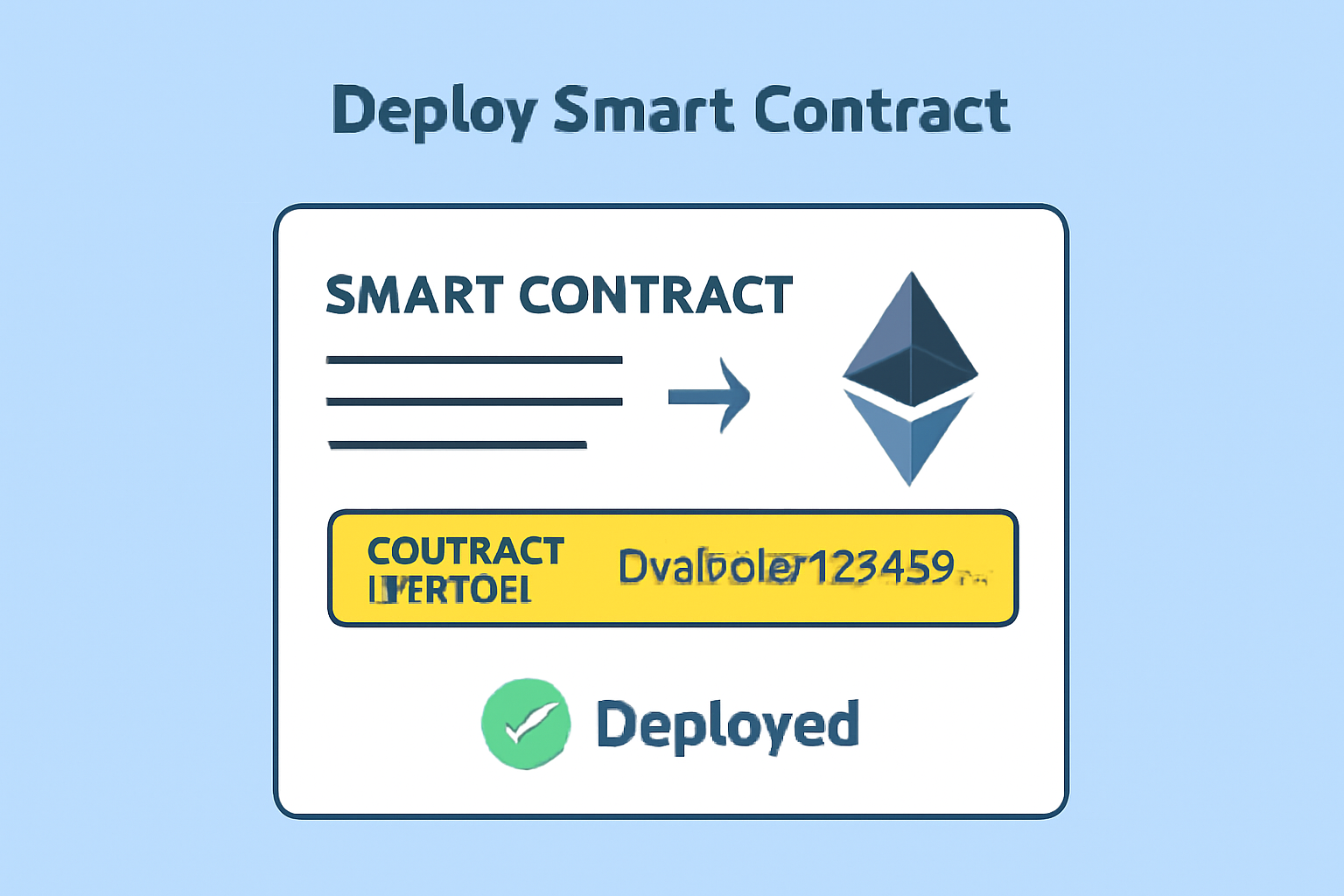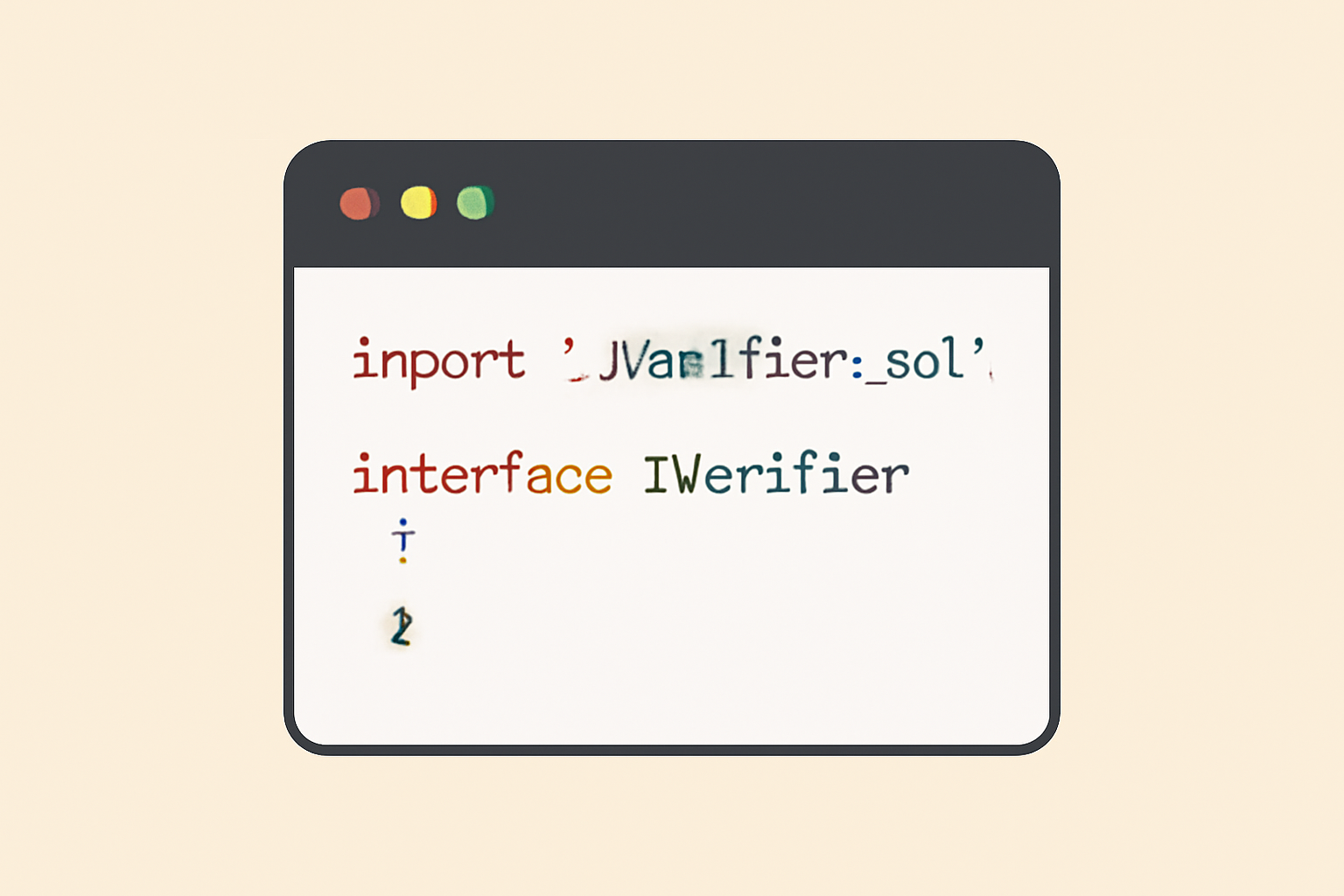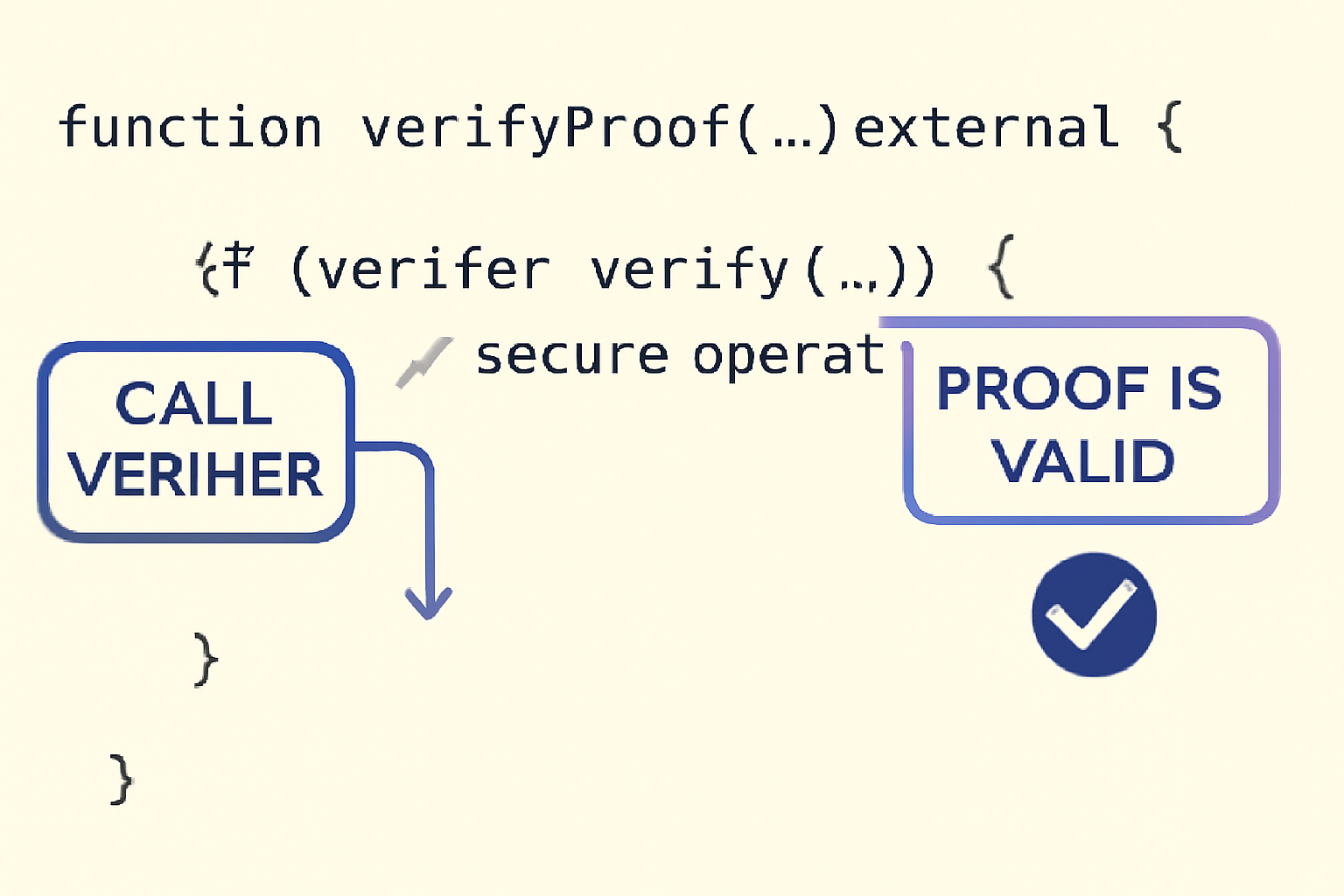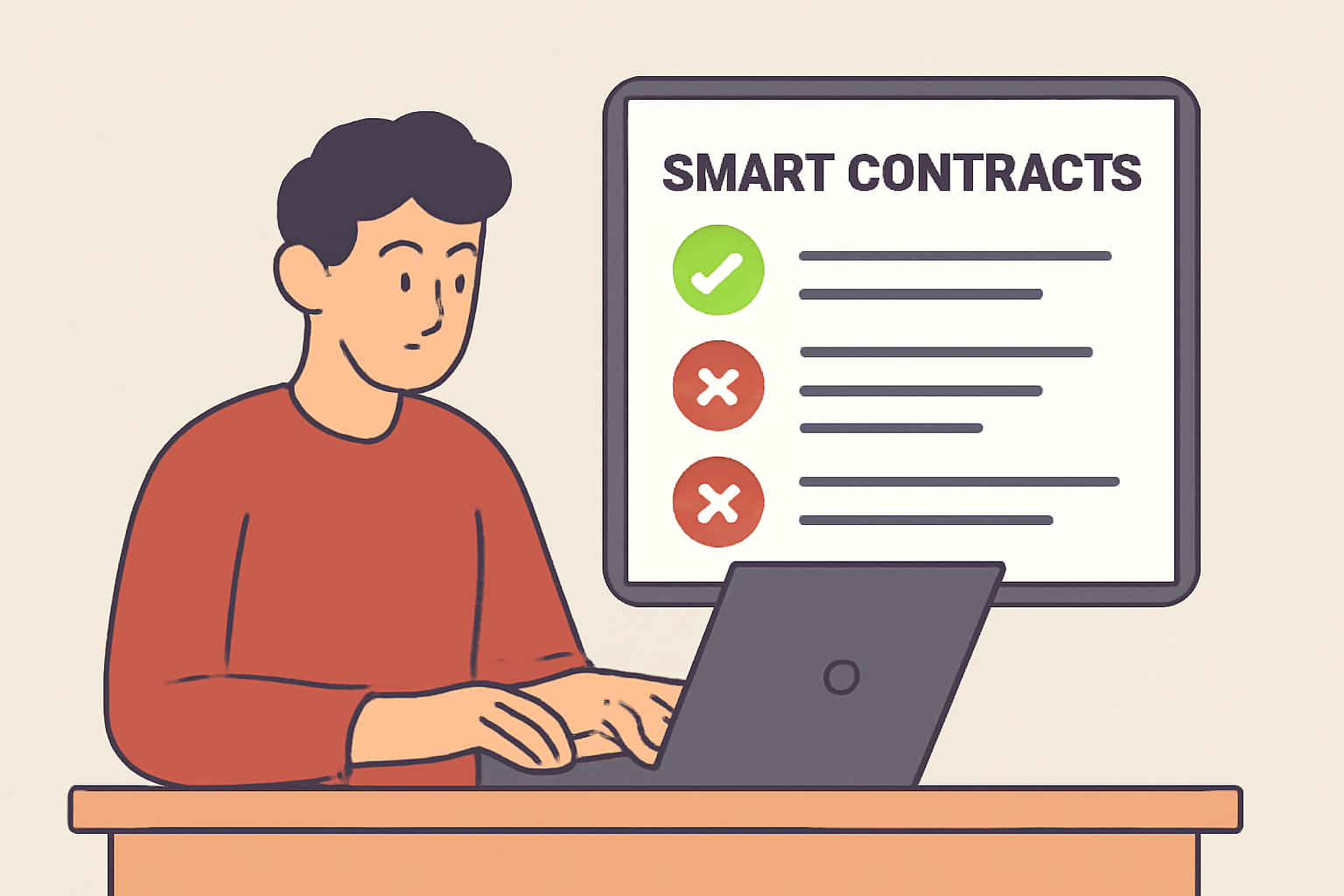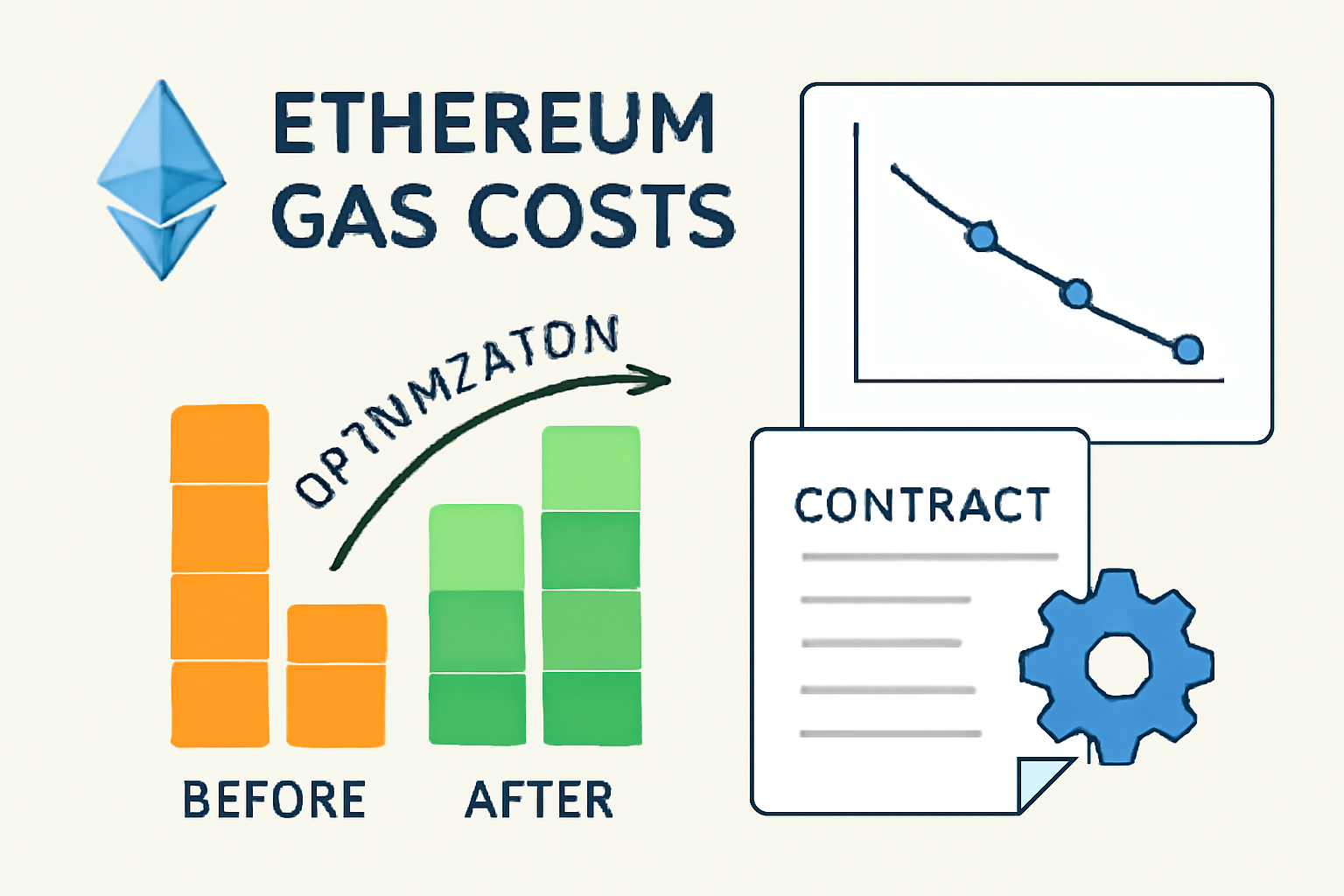
As the demand for confidential blockchain transactions accelerates, Ethereum developers are increasingly turning to encrypted smart contracts powered by zk-SNARKs (Zero-Knowledge Succinct Non-Interactive Arguments of Knowledge). These cryptographic proofs enable one party to convince another that a statement is true, without revealing any underlying data. In the context of Ethereum, this means privacy smart contracts can verify computations and asset transfers while keeping sensitive details off-chain, an essential leap for enterprise adoption and user trust.
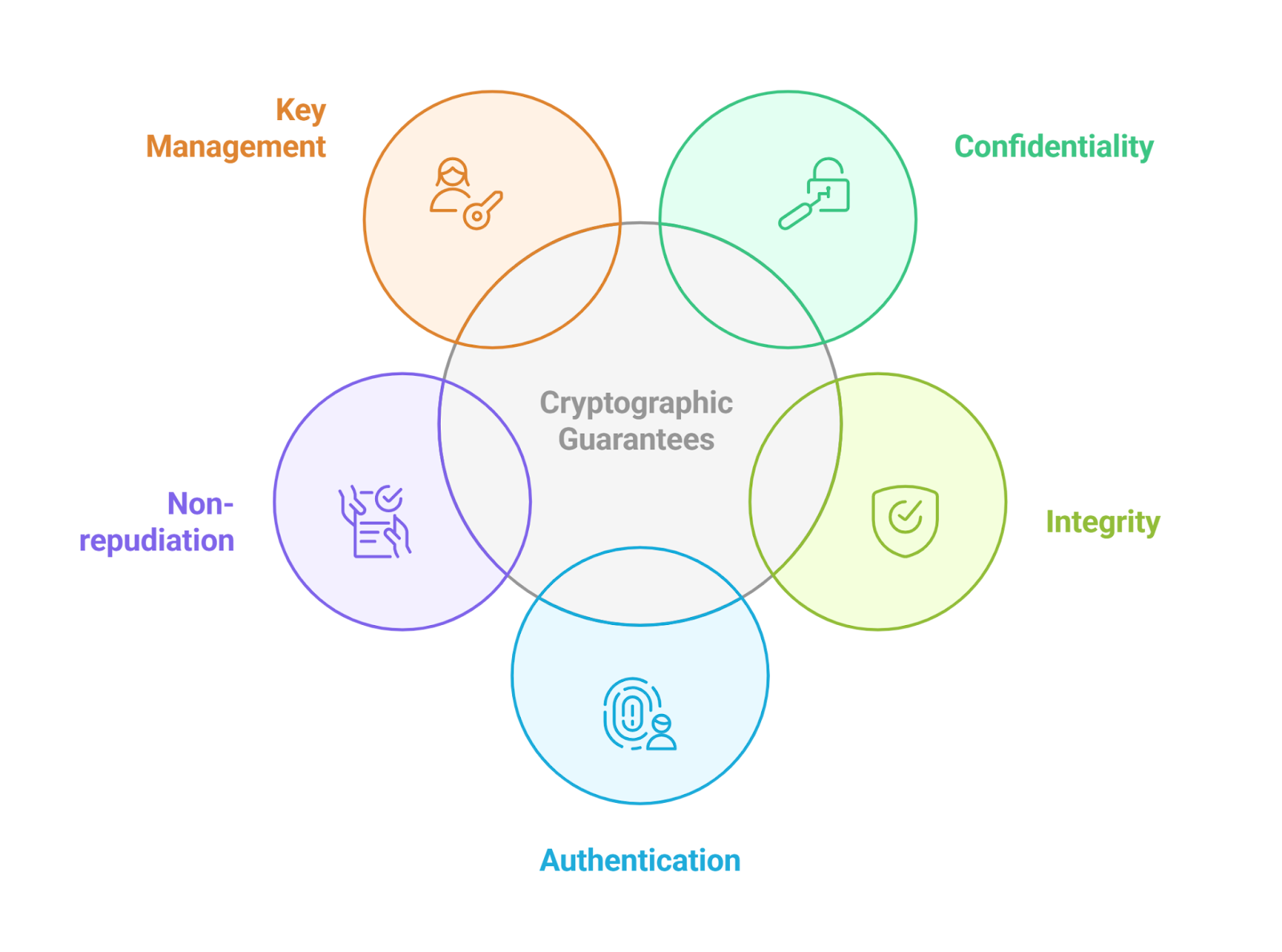
The Role of zk-SNARKs in Encrypted Contract Implementation
zk-SNARKs have matured from theoretical cryptography to practical tools for real-world privacy. On Ethereum, integrating zk-SNARKs allows developers to create encrypted smart contracts where private data, such as transaction amounts or user identities, remains hidden from the public ledger. This is transformative for industries requiring strict confidentiality, including finance, supply chain management, and healthcare.
However, deploying zk-SNARKs on Ethereum is not trivial. The Ethereum Virtual Machine (EVM) was not originally designed with advanced cryptographic operations in mind. As a result, developers must rely on specialized tools and frameworks to bridge this gap.
Setting Up Your Development Environment with ZoKrates
The current best practice for implementing Ethereum zk-SNARKs is to use ZoKrates, a toolbox purpose-built for zero-knowledge proof workflows on EVM-compatible chains. ZoKrates provides a high-level domain-specific language (DSL) that makes it possible to define computations succinctly and securely.
Key Features of ZoKrates for zk-SNARK Development
-
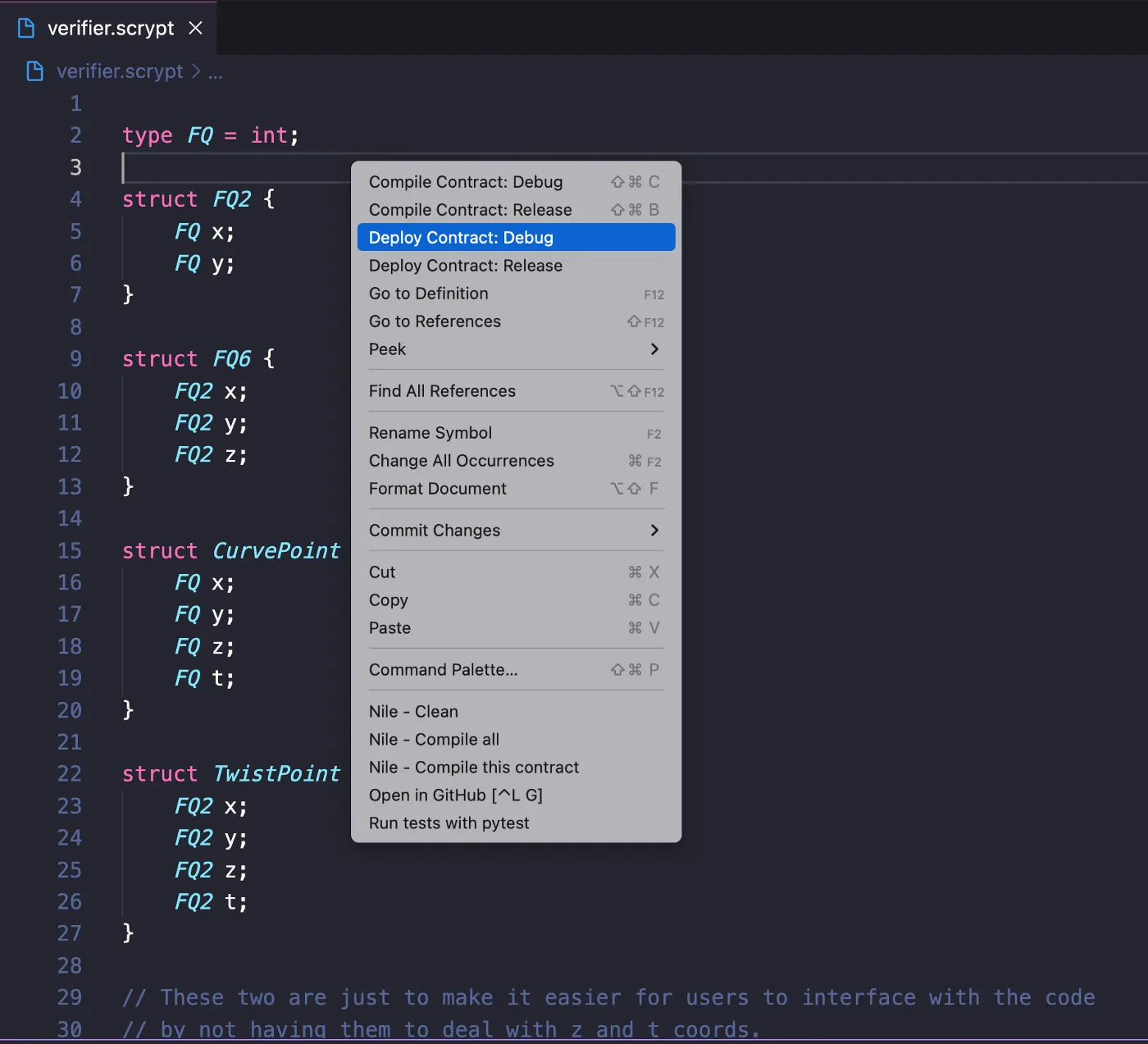
Domain-Specific Language (DSL) for Circuits: ZoKrates offers a dedicated DSL designed for writing zk-SNARK circuits, making it easier to define computations and constraints for zero-knowledge proofs.
-
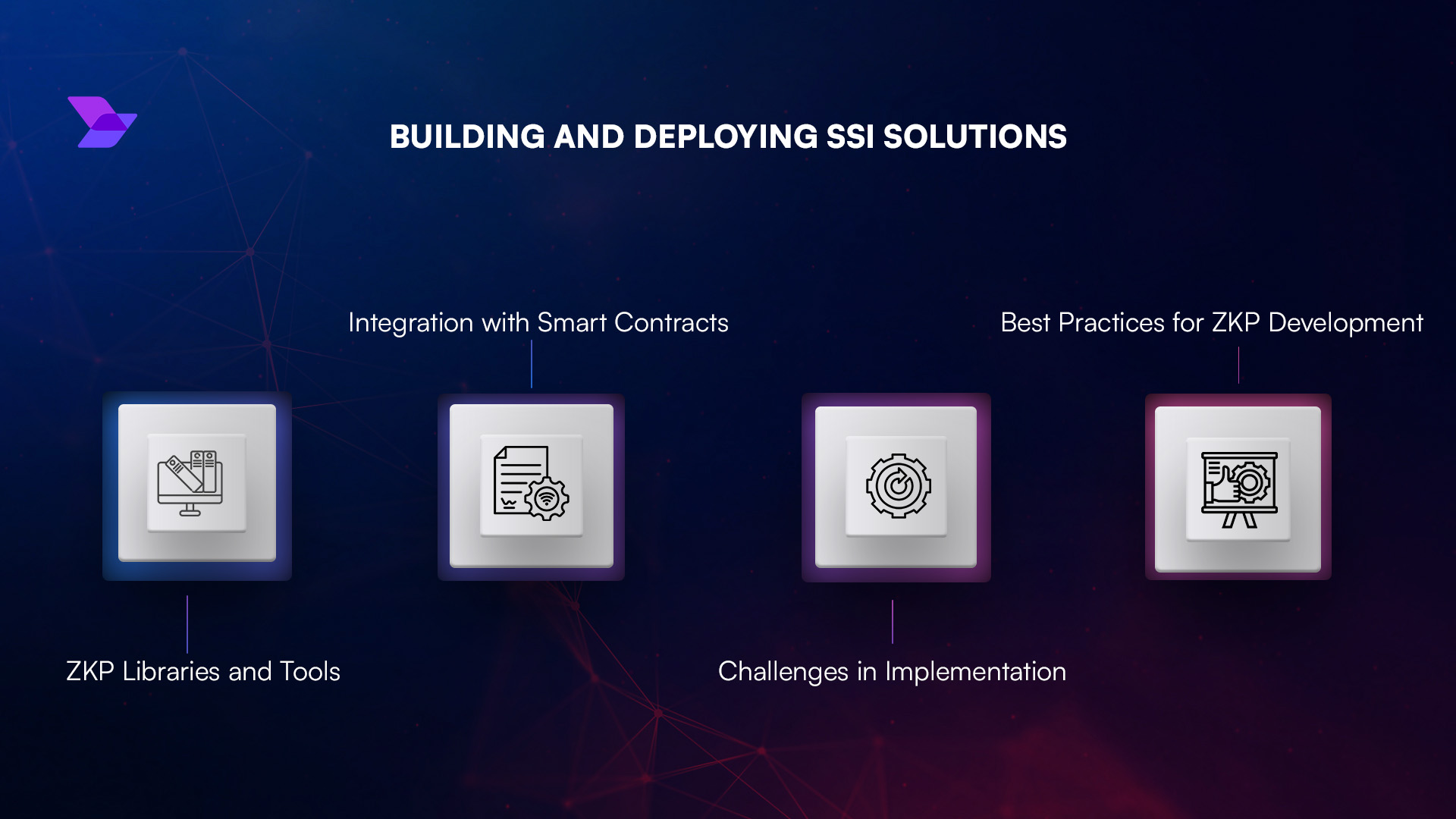
Automated Proof Generation and Verification: The toolkit streamlines the process of compiling circuits, generating proving and verification keys, and producing zk-SNARK proofs, reducing manual overhead.
-
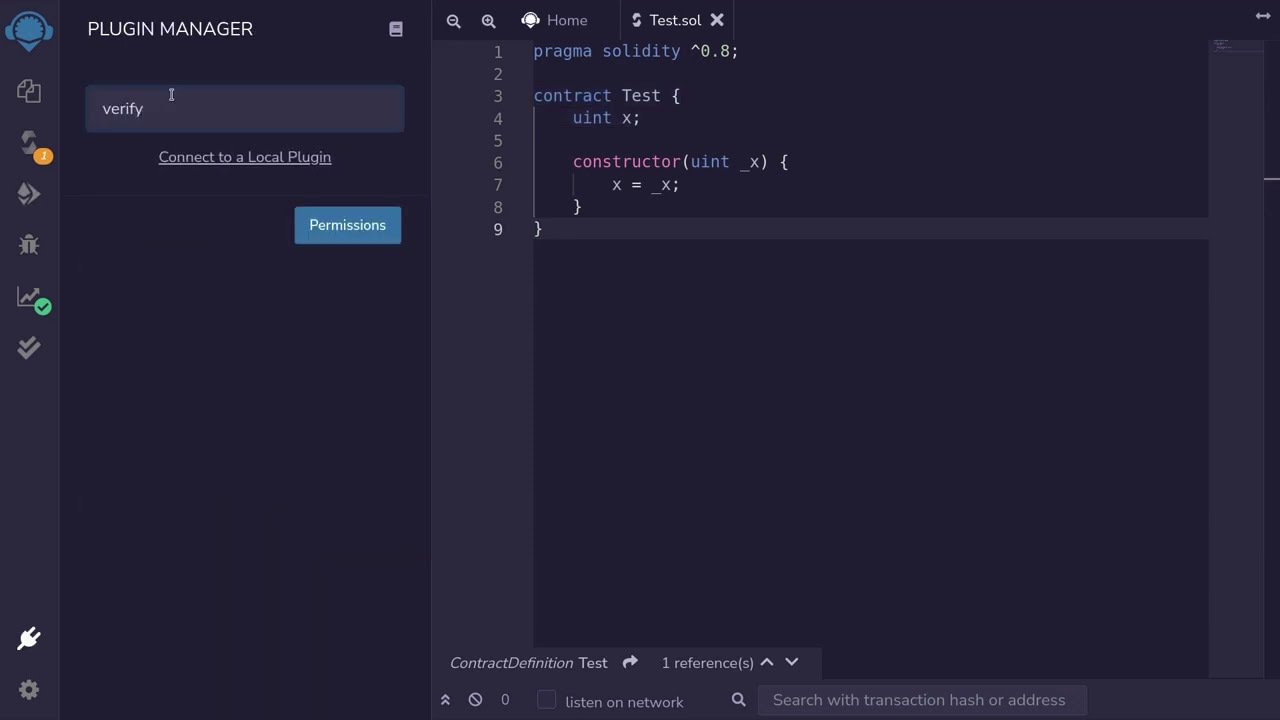
Solidity Verifier Contract Export: ZoKrates can automatically generate Solidity smart contracts for on-chain proof verification, enabling seamless integration with Ethereum DApps.
-
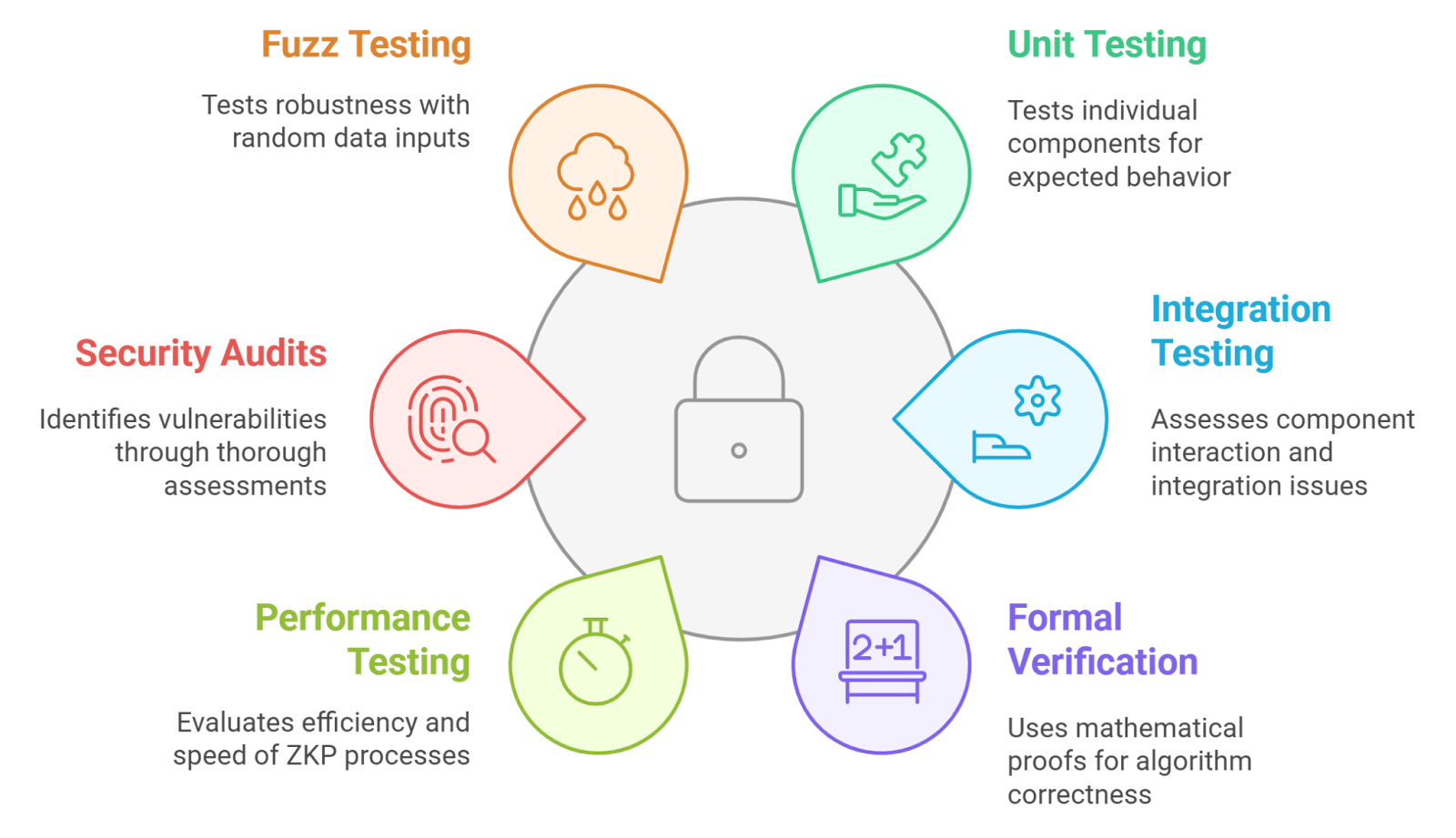
Trusted Setup Support: ZoKrates guides developers through the trusted setup phase, ensuring secure generation of public parameters required for zk-SNARKs.
-
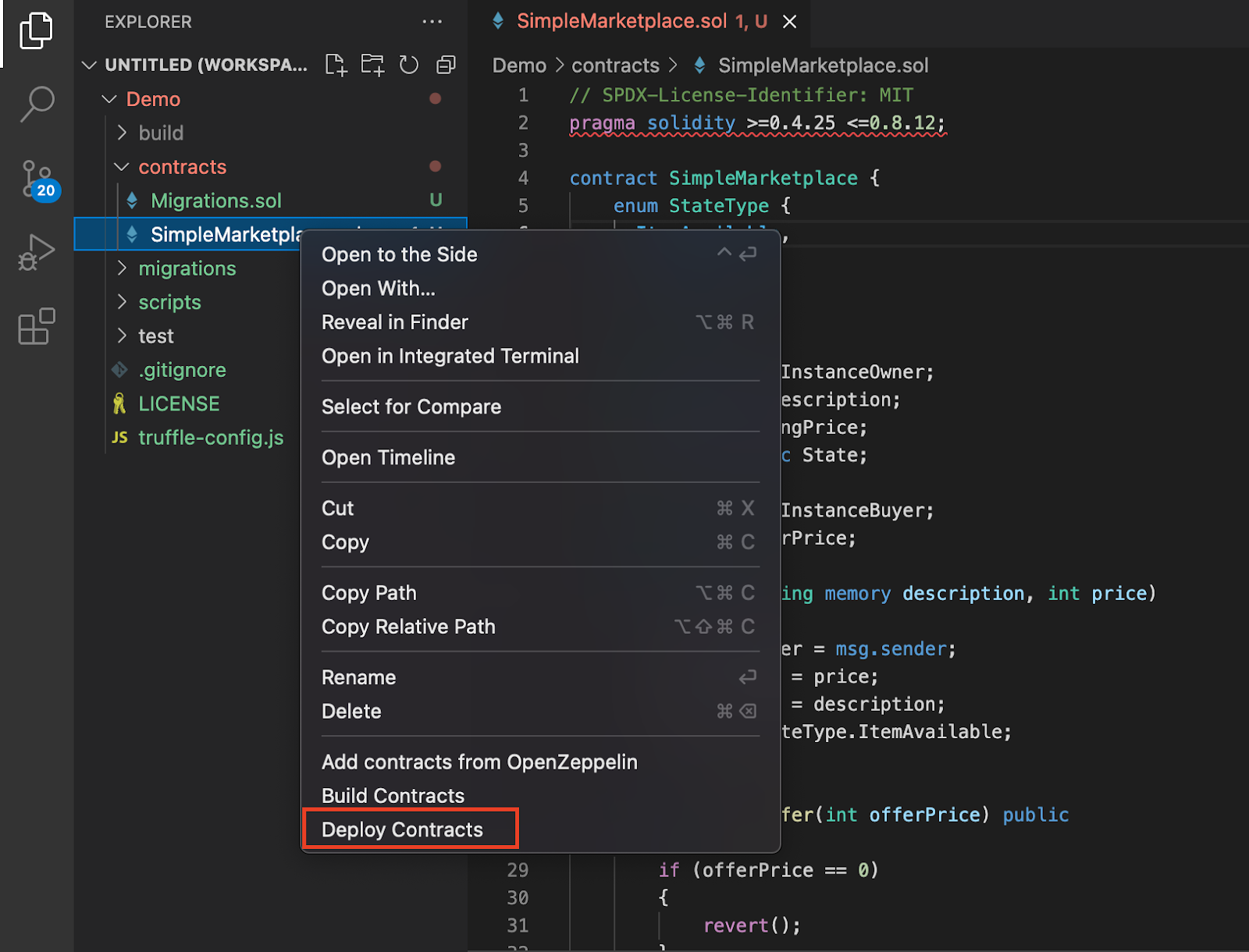
Integration with Ethereum Development Tools: ZoKrates is compatible with popular Ethereum development frameworks like Truffle and Hardhat, facilitating streamlined deployment workflows.
-
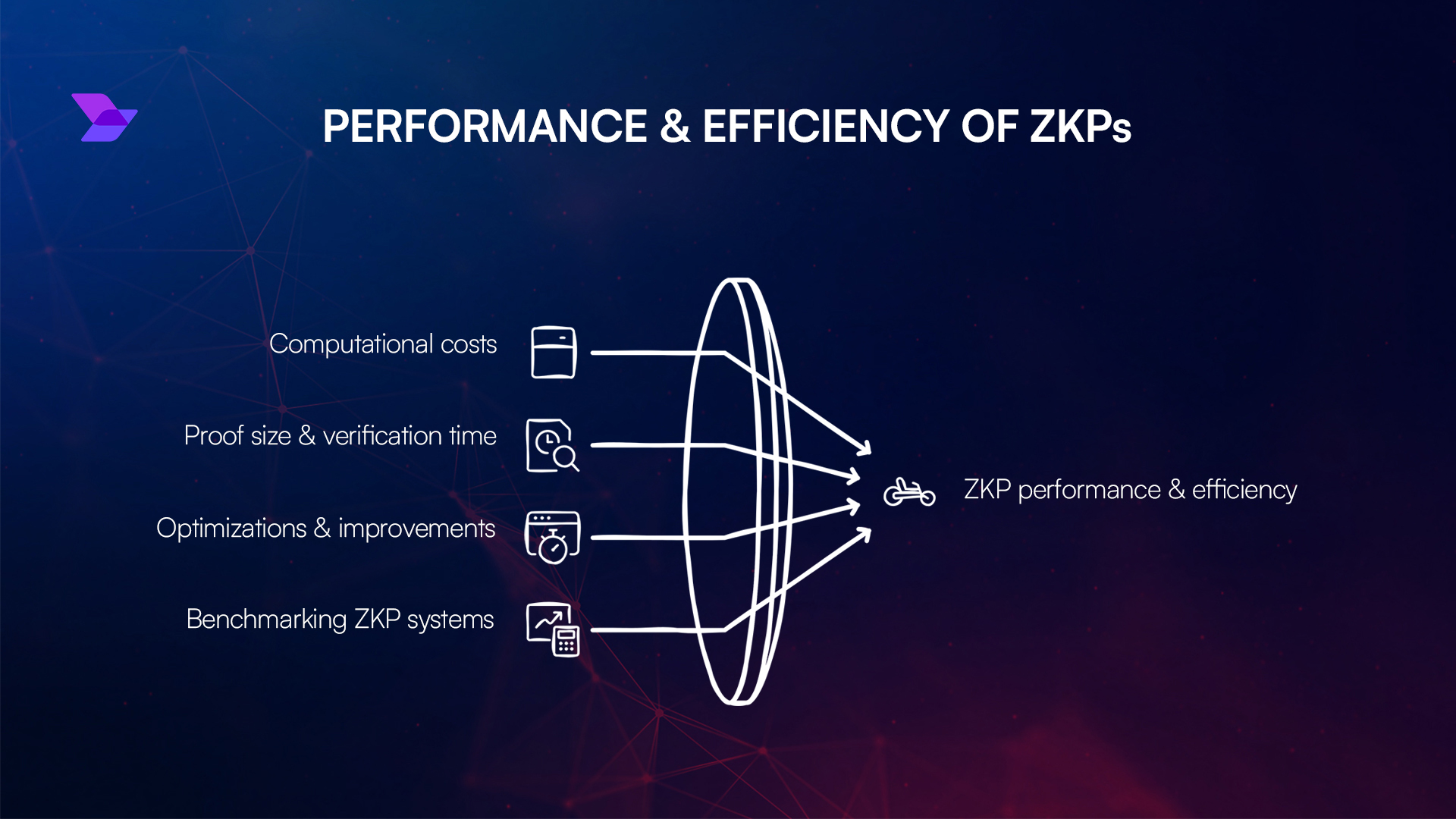
Comprehensive Documentation and Tutorials: The platform provides detailed documentation and step-by-step tutorials, lowering the learning curve for zk-SNARK development.
To get started:
- Install ZoKrates: Follow the official documentation to set up your environment. This typically involves Docker or native binaries.
- Define Your Computation: Write your logic in the ZoKrates DSL, for example, proving knowledge of a secret value or verifying a transaction without exposing its details.
- Compile and Generate Proofs: Use ZoKrates commands to compile your computation into an arithmetic circuit, generate a trusted setup (proving and verification keys), compute witnesses, and finally create zk-SNARK proofs.
- Export Verifier Contract: ZoKrates can automatically generate a Solidity verifier contract ready for deployment on Ethereum.
This process abstracts away much of the cryptographic complexity while giving you granular control over what gets proved, and what remains confidential on-chain. For more technical depth on these steps, see resources like Oodles Blockchain’s guide or Rapid Innovation’s overview of zero-knowledge proof implementation strategies.
Deploying and Integrating Verifier Contracts Securely
The next step is deploying your Solidity verifier contract onto the Ethereum network. This contract acts as an on-chain gatekeeper: it receives submitted proofs and checks their validity without ever seeing the underlying secrets. Integration into your existing privacy smart contracts involves calling this verifier from within business logic, only allowing state changes if the proof checks out.
This architecture enables powerful use cases such as private token transfers (where only validity is revealed), confidential voting systems, or permissioned access controls tied to off-chain credentials, all without leaking sensitive information onto the public blockchain.
Gas costs remain a practical concern when verifying zk-SNARK proofs on-chain. While Ethereum’s recent upgrades have improved efficiency, zk-SNARK verification is still computationally expensive compared to standard contract logic. To address this, developers should design their encrypted contract implementation with gas optimization in mind. This means performing as much computation as possible off-chain and leveraging batch proof techniques where feasible. For instance, aggregating multiple transactions into a single proof can dramatically reduce on-chain verification overhead.
Security is paramount at every stage of the zk-SNARK workflow. The trusted setup phase, where public parameters are generated, has historically been a point of vulnerability. If compromised, it could enable the creation of fraudulent proofs that appear valid to the verifier contract. To mitigate this risk, always participate in community-audited trusted setup ceremonies or adopt transparent zk-SNARK variants that eliminate the need for a trusted setup entirely. Recent academic work details these advances and their implications for privacy smart contracts.
Testing, Auditing, and Mainnet Deployment
Before launching any encrypted smart contract on Ethereum mainnet, rigorous testing is non-negotiable. Begin in local testnets with simulated data to validate both your ZoKrates-generated verifier and integration logic. Use formal verification tools where possible to check for subtle bugs or vulnerabilities specific to zero-knowledge circuits.
Smart contract audits are especially important for privacy-focused dApps because cryptographic errors can be catastrophic and difficult to detect post-deployment. Engage with experienced auditors who have a track record in zero-knowledge systems and EVM security.
Once your contracts pass audit and testing phases, you’re ready for mainnet deployment. Monitor gas usage closely after launch, as real-world transaction patterns may differ from test scenarios, especially during periods of network congestion.
Strategic Considerations and Future Outlook
The integration of zk-SNARKs into Ethereum smart contracts marks a pivotal shift toward confidential blockchain transactions. As regulatory scrutiny intensifies globally, robust privacy layers will become not only a competitive advantage but also a compliance necessity for many sectors.
Looking ahead, expect continued improvements in zero-knowledge technology: more efficient proof systems (such as PLONK or Halo), better developer tooling, and wider adoption of transparent setups that further reduce trust assumptions. The privacy landscape is evolving rapidly; staying informed through reputable sources like Vitalik Buterin’s blog or Oodles Blockchain will help you anticipate changes before they reach production environments.
The bottom line: mastering encrypted smart contracts on Ethereum using zk-SNARKs requires technical rigor but delivers immense strategic value, from protecting user data to unlocking new business models built around trustless confidentiality.
